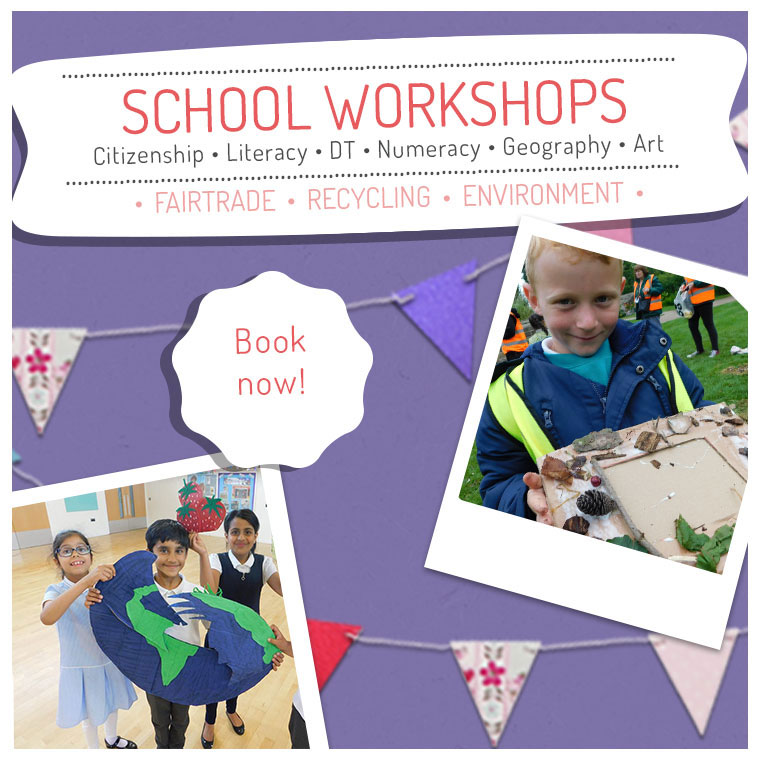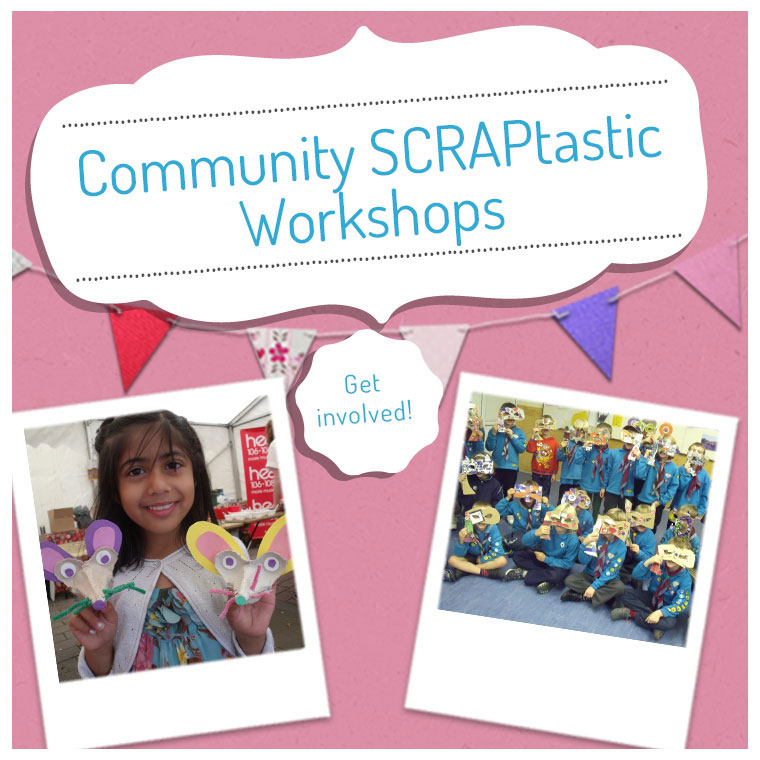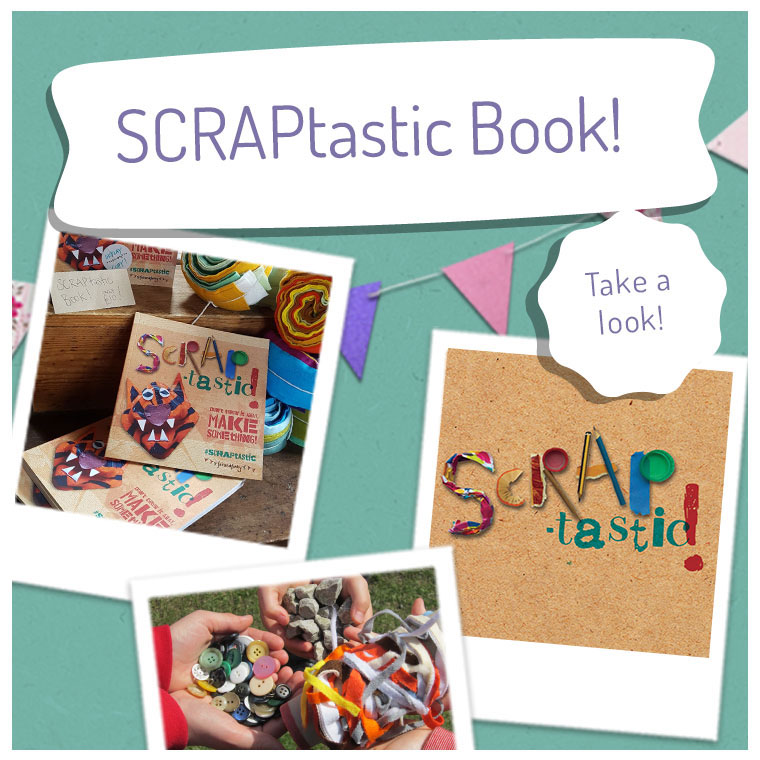











On Saturday 6th October fairandfunky attended the Fairtrade Supporters Conference in London. After attending workshops, the day culminated in a panel discussion entitled “Power and Food”, we left feeling inspired, challenged and empowered.
As a long time supporter of, and campaigner for, Fairtrade we are challenged by the questions and issues raised. The campaign for 2013 is to go further for Fairtrade. “How far will you go for Fairtrade…It is time to take a stand for the food we love and the people who grow it. Without our support now, farmers in developing countries face an uncertain future.” (Fairtrade Foundation Campaign 2013).
It is without doubt that campaigners within the Fairtrade movement make fantastic things happen. Throughout the conference we, the campaigners, were told we are brilliant; diverse; sophisticated; creative. We enable sustainable change; we demonstrate connectivity; we make Fairtrade unanswerable. Campaigners are the heartbeat of the organisation with the power to hold companies to account; to bring issues to the attention of the public. We are challenged to keep this pressure up, to remain one step ahead, to think forward. Systemic change will come; we are challenged to build the alternatives.
As the campaign spotlight moves to food, so should Fairtrade campaigners move to link up with, and hold hands with, other campaign organisations. It is not just about Fairtrade. Climate change is becoming increasingly important in the food debate and the connection between environmental debate and Fairtrade is a powerful opportunity. Solidarity and connectivity were raised again and again during the debate; it is time to flex our muscles and do more.
Half of the world’s hungriest people are farmers. This is fundamentally wrong. 1% of global food supplies would change this. Why doesn’t it happen? As campaigners we need to connect ourselves into the things that are wrong and make change.
Farmers have negligible power within the system. They are forced to grow what is needed for the global markets and little consideration is given to the need of the local markets. Understanding and working with local food systems/markets would encourage fairness to farmers. The Fairtrade movement should be encouraged to license products that would benefit local markets not just global ones. There is a need for Fairtrade millet and for more Fairtrade rice. (There are 2500 different varieties of rice in India. Only Basmati Rice has the Fairtrade certification yet this needs more water to grow than many of the other varieties). Empowering farmers to grow protein crops not fast crops not only generates market access but improves the health of farmers and their families and thus improves their livelihoods.
Fairtrade is a model of positive change. Every purchase sends a pulse along the supply chain; this is what we want; we MUST keep this pulsing. Fairtrade enables small holder farmers to work together as co-operatives and access the global market. This is amazingly empowering for farmers.
Education is imperative. Knowledge is power. It is essential to educate the young consumers of tomorrow; to reinstate the value of food. Consumers have developed an expectation for “cheap” food. The dynamics need to change.
Food and the question of who holds the power, needs bringing back to the political agenda. We need to do more to connect citizen power and consumer power together. We don’t need compliance from governments, from big brands, from supermarkets; we need commitment and change. There is a call for transparency on pricing/value.
The question of who holds the power is a difficult and complicated one to answer. There are so many angles on how to tackle the power. Financial systems are at the top of the pyramid. Wealth goes to the share holders, not people along the supply chain. We need to get to the heart of corporate power. Financial regulators are staffed by ex bankers. Greater transparency is needed to discover: Who is behind the closed doors making the decisions? We need companies to be brave.
Businesses need to think about the bigger picture NOT just the buying/selling transactional relationship. This need (to include the bigger picture) is no longer an option. Businesses need to collaborate with producers, to invest into communities, to be sustainable. If they continue to focus on the centre point of buying/selling food will remain a commodity and not be sustainable.
So, how far will you go for Fairtrade? What can we do? We must not give up. We need to collaborate, to connect, to campaign and have power to change systems. “Our deepest fear is not that we are inadequate, but that we are powerful beyond imagination.” (Marianne Williamson; quoted by Nelson Mandela).
And…”if you think you are too small to make a difference then you have never been to bed with a mosquito.” (A quote attributed to many; including Ghandi).
Action to take today:
This was written from notes made at the panel discussion “Power and Food” chaired by Kath Dalmeny (Policy Director, Sustain). The panellists were Arun Ambatipudi (Chetna Organic Farmers Association, India); David Croft (Head of Food Technology, Waitrose); Deborah Doane (Director, World Development Movement) and Barbara Crowther (Director of Policy and Public Affairs, Fairtrade Foundation).